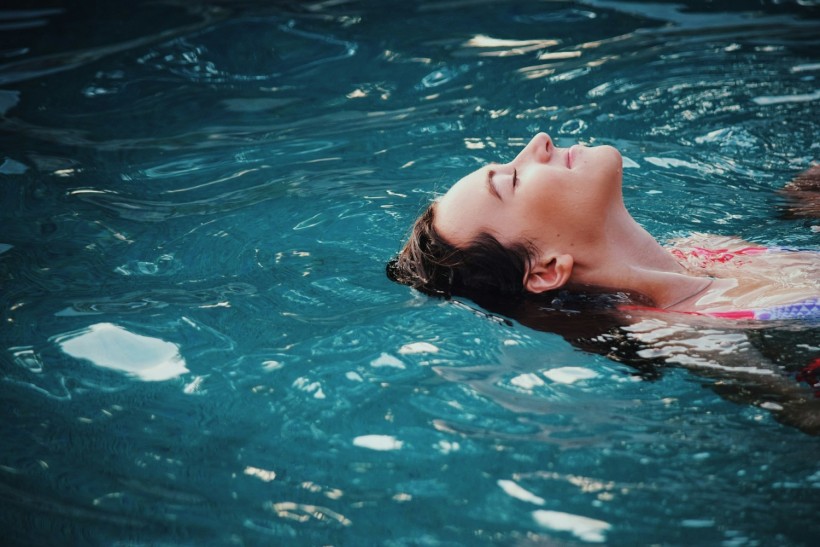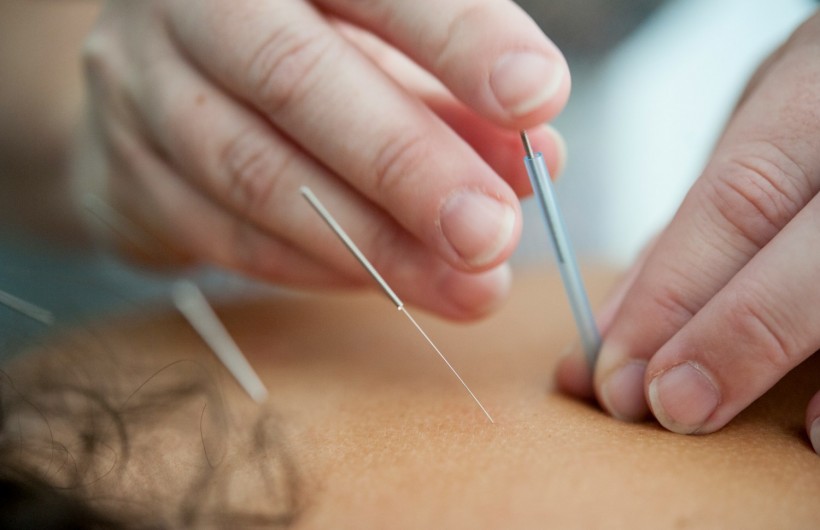Naturopathy is a form of healthcare that combines both modern treatments with traditional methods. Naturopathy focuses on the body’s capacity to heal itself, preventing future health problems and optimizing overall well-being. We know naturopathy can be beneficial for physical health, but can it assist with mental health issues? Read on to find out.
What Is Naturopathy?
Naturopathy is a set of principles and practices that are used to create individual treatment plans that best support a person’s individual health needs. The principles are as follows: self-healing, identifying and removing obstacles to recovery, and aiming to resolve underlying symptoms that cause physical and mental issues by treating the body, mind, and spirit. This may involve localized remedies, holistic treatment, detoxification, and teaching self-care to empower people and prevent problems from ever arising or returning.
Naturopathic Doctors
A traditional naturopathic practitioner may not hold an M.D. or a license, however, these types of naturopathic doctors are no longer broadly accepted. A more modern naturopathic doctor is a fully licensed professional who must attend 4 years of naturopathic medical school to earn a qualification. Naturopathic doctors design medical care plans to suit physical and mental health needs. Undertaking a master’s in mental health counseling online is another pathway for practitioners who would like to provide more holistic treatment for patients with mental health afflictions.
Naturopathic Treatments
A naturopath can employ a range of non-invasive techniques to support an individual, such as nutrition and dietary advice, herbal medicines, homeopathy (which is a type of natural medicine), hydrotherapy, massage, acupuncture, and biopuncture—the injection of diluted plant-based solutions into muscles.
Herbal Medicine

Also called botanical medicine or phytomedicine, herbal medicine refers to the use of a plant’s seeds, berries, roots, leaves, bark, or flowers for medicinal purposes. Here are some of the most commonly used herbal medicines in the United States that may improve mental health:
Echinacea
Echinacea is used to improve a person’s natural immunity. Research has shown that people with healthy bodies and a healthy lifestyle tend to have improved mental health function. Echinacea is also said to assist with the prevention of cold and flu and can reduce symptoms if contracted.
St. John’s Wort
St. John’s wort is primarily known for its antidepressant qualities. Various studies have shown that this flowering plant can be effective in the treatment of mild-to-moderate depression and may have fewer side effects than most other prescription antidepressants.
Ginkgo
Ginkgo is a more traditional herbal medication used to treat circulatory disorders and enhance memory. Ginkgo is considered a traditional herbal medicine, and past studies have shown that ginkgo may increase mental performance and general well-being. In 2007, researchers treated 170 patients with generalized anxiety disorder with either 240 milligrams of ginkgo, 480mg of ginkgo, or a controlled placebo. The results of the study showed that 45% of those receiving the maximum dose experienced a reduction in their anxiety symptoms.
Kava Kava
Kava Kava is used to elevate mood, enhance well-being, and produce feelings of relaxation and contentment. Studies have shown that kava may also assist with the treatment of anxiety, insomnia, and other nervous disorders.
Valerian
Valerian is considered a gentle herbal medication that is a popular alternative to commonly prescribed sleep medications. The National Library of Medicine notes that studies have indicated that valerian is effective in the treatment of anxiety and depression—specifically in menopausal women.
Homeopathy
Considered a complementary medicine, homeopathy is generally used as an alternative, natural treatment for a variety of health conditions. Homeopathy has been used for over two centuries, and many feel that it has been greatly beneficial in the treatment of their mental health conditions—particularly anxiety. The homeopathic practice uses a variety of herbal medicines that have been highly diluted with water, as some may be toxic if consumed in concentrated doses. Some of the recommended remedies include aconite (more commonly known as wolfsbane), arsenicum album phosphorus, pulsatilla, and stramonium. Each of these treatments is said to have support for a number of different mental health conditions.
Hydrotherapy

Hydrotherapy is a form of therapy that uses water to help with the treatment of both physical and mental health issues, including anxiety. Hydrotherapy can include soaking in a warm bath, performing aquatic exercises, or using jetted water for massage. Hydrotherapy can be useful in relieving symptoms of anxiety as it relaxes the muscles and reduces tension.
Massage
Massage therapy can be a good way to cope with stress, anxiety, depression, and insomnia. Stress is both a physiological and psychological condition and can sometimes be overwhelming for a person to cope with. This is where massage comes in. A massage can lower the amount of cortisol in your body—a hormone that the body produces when it is under stress. A one-hour massage can reduce cortisol production and lower existing levels while also releasing serotonin—the body’s naturally occurring “happy chemical.” Serotonin reduces feelings of depression and can help to fight off pain, anxiety, and general feelings of sadness.
Acupuncture

Acupuncture is the strategic placement of needles at specific energy points or meridians (a traditional Chinese medicine concept known as ‘qi flow’). The needle placement is designed to resolve congestion or blockages in the body. Acupuncture has been said to be good for depression because of its ability to regulate positive energy flow throughout the human body. It also produces endorphins, which are essential for your mental health and well-being. Endorphins are commonly known as “feel good” chemicals that make you happier when released into the brain.
Biopuncture
Similar in many ways to acupuncture, biopuncture is also based on the Chinese practice of channeling energy within the body. Biopuncture therapy involves injecting biotherapeutics into specific points of the body. These biotherapeutics can include herbal remedies, vitamins, or minerals, depending on the ailment being treated. While biopuncture is a physical treatment, it may support mental health by improving a patient’s overall health and well-being.
From the above, it is clear that naturopathy can play a promising role in the treatment of mental health conditions. Of course, these are just some of the treatment options available through naturopathy, which is why it is always important to undertake the proper research and consult with a professional before starting on your natural healthcare journey.
© 2024 NatureWorldNews.com All rights reserved. Do not reproduce without permission.
* This is a contributed article and this content does not necessarily represent the views of natureworldnews.com

